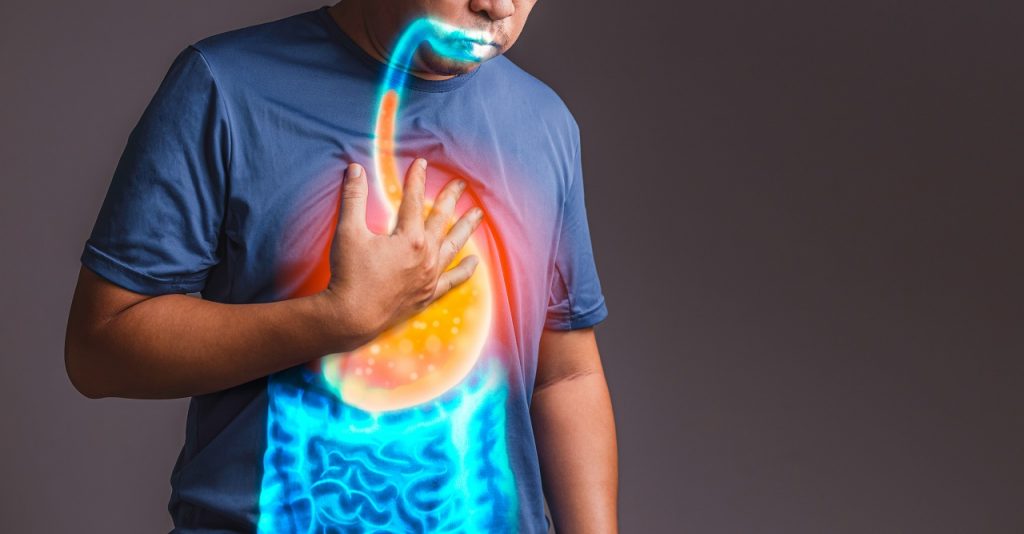
Motivation is tricky. At one moment you have it and the next it’s gone! The enthusiasm with which you started off on your goals wanes and soon you begin to realize that your inclination to work towards a goal has completely withered. We’ve all experienced this and we all know it can be difficult to stay motivated.
Motivation or the motive i.e. the needs, desires or wants within an individual which stimulates them to perform or work towards a goal pertaining to success, money, business or fitness, requires a little more than sheer enthusiasm. Let’s look at how we can stay motivated and accomplish what we set our minds to.
Factors Which Help One Stay Motivated
While discipline is a key factor, there are many other tips and tricks that can help you stay on track with your goals. Let’s look at them in detail.
1. Set Defined and Realistic Goals
Setting goals which will outstrip your current lifestyle is more likely to disappoint you. You’re setting yourself up for failure. Make sure you set goals which you really want to achieve, which is not influenced by another’s opinion and wanting. The motive is to make your goals challenging and penalize you.
For instance, a realistic goal is “I will walk for 30 minutes for 3 days a week” or “I will cover 5000 steps a day in the beginning” instead of 1000 or 10,000 steps. 1000 steps is too less to achieve as a goal and will not give results whereas 10,000 steps is too tasking to begin with. 5000 steps or walking for 30 mins for 3 days a week is more manageable.
2. Break Goals into Smaller Tasks
The biggest hurdle starts with the mind. Many start by saying, “I have no time”. The key here is to break big tasks into smaller ones. For instance, a 30 minute exercise can be divided into 3 workout sessions of 10 minutes each through the day or with 2 varieties of exercises like walking for 15 minutes in the morning and 15 minutes of stair exercises at work.
3. Keep It Fun and Free of Distractions
Taking new routes while walking or including a small variation in your daily exercise routine will make it more interesting. In fact, you’ll look forward to these new routes. Try not to follow too many things at a time. Stick to your routine without getting distracted with the results others have achieved using different methods. This will confuse your body and demotivate you. Each body type is different and requires different methods. So don’t get distracted and stick to the plan suggested by your Coach.
A trick you can use is to go live on social media, as the pressure itself will push you out of your couch. Getting your family members into your journey is a big time motivation, especially kids who can give you an extra boost of energy to always try a little harder.
4. Reward Yourself
Treat yourself for reaching every milestone you’ve set, despite the hurdles! Rewards need not be a big cake or fancy items. It can be as simple as a message or a new pair of skipping ropes or dumbbells. Planning a reward ahead will do the trick as each individual’s rewards are very personal and should give meaning to your journey.
5. Visualize Your Success
Having a mental picture of yourself in the next 6 months will help you stay motivated. As you can see what is possible, you work towards achieving it. Set photos of yourself, in which you think you were at your physical best, as mobile screensavers. Have a poster of your favourite stars, listen to motivational speeches and inspiring quotes that will motivate you to keep yourself going and remind you of your goals.
6. Knowing, Understanding and Challenging Your Shortcomings
Start with understanding your weak points, be it food or friends or fear of pain or weekends or anything that distracts you from achieving your goals. Plan wisely – always store healthy snacks at home and pre-plan your foods which will minimise leftovers and prevent boredom of having the same foods. Plan no food or no eating social plans with friends or choose to meet in salad counters or healthy food eateries. Any new exercise is sure to give you pains which will self-cure itself, so be prepared for it and also understand that there are no special measures to get over the pain. Learn to enjoy the sweet pain as it is going to improve your health in the long run.
Whether in a group or solo, the main motto is increasing motivation and a sense of fun and enjoyment all along the route. Consistency is important but without a bit of fun, it makes the journey troublesome. So always have a laughter session in the end or to begin the session next time.
We hope these tips help you achieve your goals! To get the right guidance, motivation and to stay on track with your goals, subscribe for GOQii’s Personalised Health Coaching here.
For more on living a healthy lifestyle, check out Healthy Reads.
#BeTheForce

 Acidity can literally be a pain to deal with but before we move on to home remedies to reduce acidity, it’s important to know its origin, symptoms and causes. Hydrochloric Acid (HCL) is produced in the stomach to digest food and it plays an important role in digestion but sometimes, HCL is produced when there is no food inside the stomach and it leads to the eruption of the lining of the stomach, giving rise to acidity.
Acidity can literally be a pain to deal with but before we move on to home remedies to reduce acidity, it’s important to know its origin, symptoms and causes. Hydrochloric Acid (HCL) is produced in the stomach to digest food and it plays an important role in digestion but sometimes, HCL is produced when there is no food inside the stomach and it leads to the eruption of the lining of the stomach, giving rise to acidity. 



